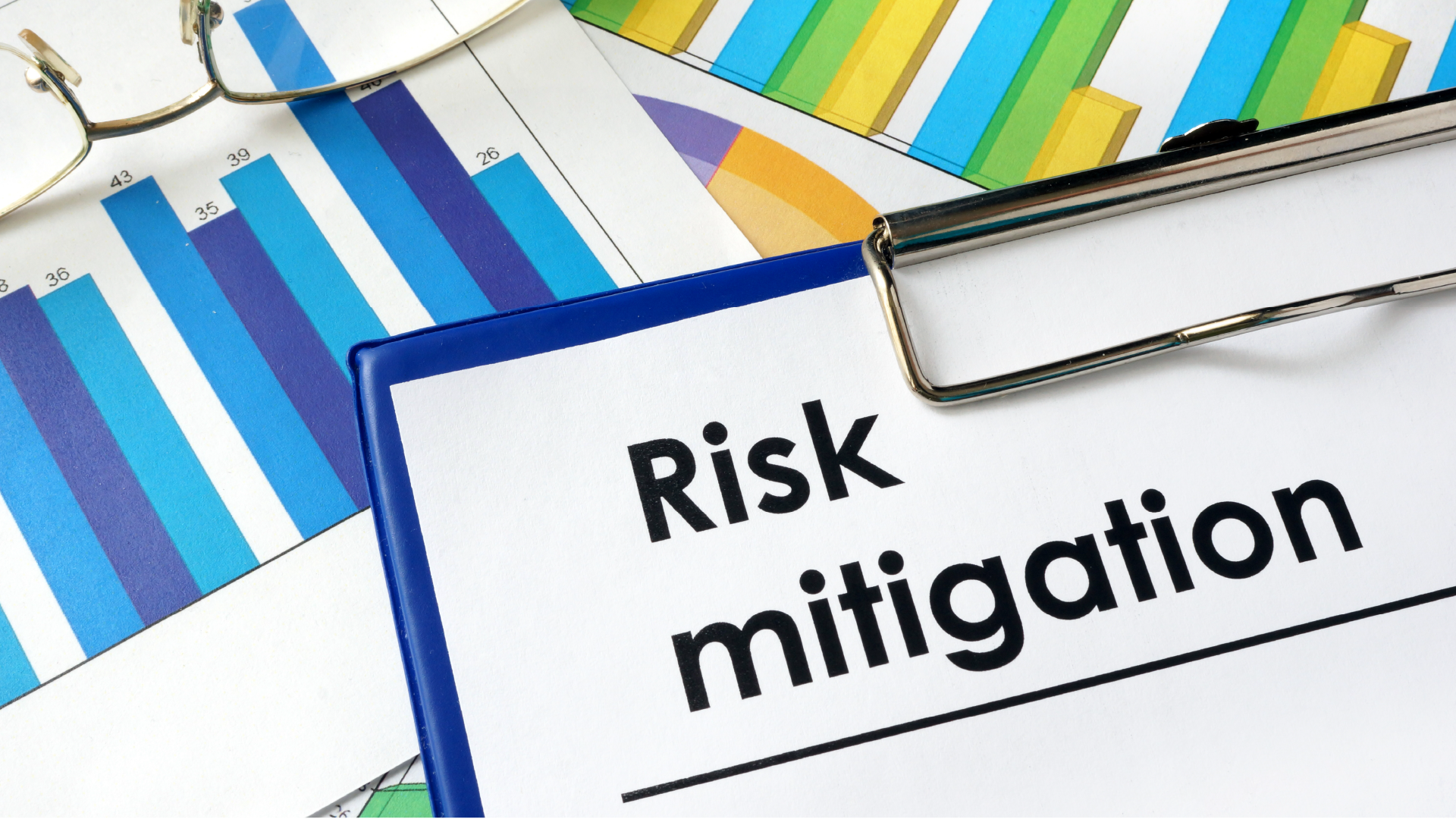RISK MITIGATION
27th June 2023

THE IMPORTANCE OF RISK MITIGATION FOR ONLINE TRANSPORT MARKETPLACES
We caught up with our CEO, Lyall Cresswell, on his return from the recent Marketplace Risk Management Conference. He was part of a panel discussing risk, trust and safety in relation to transportation platforms, so we thought it was a perfect opportunity for him to share his views on risk mitigation and how leveraging technology solutions can help.
Why is risk mitigation important to TEG and what is your approach?
We have always taken a very proactive stance to risk mitigation, recognising that this is core to the success of any digital marketplace, especially in the sectors we operate. The logistics industry continues to be very fragmented, with the sheer number of operators making it fundamentally complex and creating conditions where trust frequently breaks down.
If you go back to the early days of our platform, almost 25 years ago, we were already requesting insurance details and other supporting documentation. If you fast forward to present day, things have evolved considerably, but what hasn’t changed is that we remain at the forefront of verification and compliance. This is about creating the safest place for our members to operate, which in turn, will help us grow and attract more business.
Our aim is to prevent and discourage bad actors – individuals or organisations looking to intentionally cause harm and make illicit financial gains – from joining or accessing the platform. Threats can change very quickly as bad actors adjust their tactics in response to new security measures, so we are developing increasingly better ways of identifying who they are and stopping them before any harm or losses can occur. There is always more work to do to stay ahead, but we have made an excellent start.
What are the biggest challenges you face?
The most critical challenge for us is having the processes in place to verify that new and existing members are legitimate and safe to do business with. Commonly referred to as Know Your Business (KYB) or Know Your Customer (KYC), it is all about obtaining the necessary customer information not only during the onboarding phase, but also throughout their lifetime on the platform.
Within the logistics sector, every company must onboard new suppliers and then have ongoing maintenance to ensure they remain a permitted transport business. In fact, there is a huge amount of legal compliance to consider for freight companies – whether this is appropriate insurance, valid operating and specialist cargo licences or road safety certification such as FORS or DVS – that all needs to be monitored.
Staying on top of this is crucial, both from the point of view of verifying them as a business, but also checking key stakeholders within the organisation including shareholders, directors and even drivers. Moreover, we tend to think of KYB as being one way (shipper to carrier), but trust and security is better achieved when there is a two-way process. Carriers on the platform also want to know exactly who they are dealing with and who has instructed them.
So, for us, and any freight marketplace, there is no quick fix to these issues. Simply building a system is not enough, because you need to integrate this not only into the platform itself, but also with your management processes and those of your members. This requires a very strong focus, buy-in and collaboration, underpinned by innovation and continuous improvement.
What have you been doing to stay ahead?
We have recently integrated with compliance and identity solution, Trustd, which we believe will transform compliance in the logistics sector. It acts as the source of truth for our verification and risk management, enabling every member on the platform, whether shipper or carrier, to manage risk and achieve high levels of security on every load.
Trustd was created to deliver KYB corporate authentication based on the precise requirements of 3PLs, carriers and drivers. It handles not only verification of the business and the key individuals in that organisation, but also all the other data points that are required across the supply chain. Business profiles are stored on a central hub, with information shared between members with notifications of any status changes.
How will risk mitigation change in the future and how are you positioning ourselves to be ahead of that curve?
As the technology and processes evolve, we will see a move towards a transactional authentication model, which will underpin every stage of every interaction between shipper and carrier. For any well-functioning freight marketplace this type of seamless, on-demand verification – available at appropriate and relevant points in time – will be massively important.
Having an integrated system that becomes the master record for all authentication will deliver high levels of trust and security on the marketplace. In the freight industry, there are some many points where its important to know who is participating in the movement of goods, whether this is accepting an order, collecting a load or making a payment. The ability to verify a business, individual or even a driver/vehicle level at every stage in the workflow will be transformational.
The technology is increasingly there to implement friction-free authentication at a transactional level, but there are still some behavioural challenges to overcome. There is also a limit to what can be checked currently, but this will keep evolving as further digitisation and advances in verification occurs.
Share this post on LinkedIn

